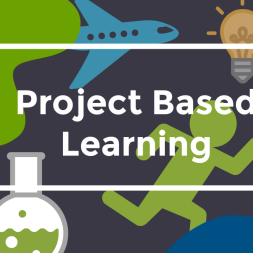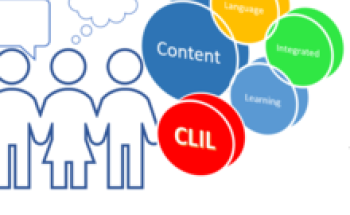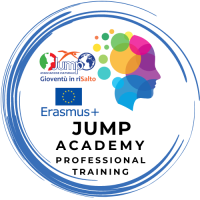
PROJECT BASED LEARNING (PBL). Making Real-Based Teaching A Success In Your Class
Projects are complex tasks, based on challenging questions or problems, which involve learners collaboratively, over fairly long periods of time, in planning, problem solving, decision making or research activities. Through projects, pupils acquire autonomy and responsibility, develop skills and apply knowledge, learning in a meaningful way.
Description
More info here https://associazionejump.it/course/project-based-learning-pbl/
PBL is a dynamic teaching method where students work on complex, real-world projects over time, developing autonomy, responsibility, and critical skills. Rooted in constructivist pedagogy, it encourages collaboration among students, teachers, and community stakeholders to explore meaningful questions and solve authentic problems. This training helps educators understand PBL principles, share best practices, and design effective project-based lessons tailored to their schools. Participants experience international collaboration, learn EU policy connections, and gain tools to implement PBL successfully, transforming classrooms into active learning environments where knowledge is applied purposefully.
Learning objectives
- Understanding the meaning of PBL and its actual literature, studies and applications
- Discovering the benefits of teaching using PBL approaches
- Sharing with other colleagues the possibilities and effectiveness of PBL in the whole school system
- Exploring different tools and methods of PBL classes and transversal activities
- Experiencing with colleagues of different nationalities lesson plans and possible developments of PBL to be transferred in the specific school of provenience
Methodology & assessment
Furthermore, in line with the JUMP Academy method, our courses are based on a strategic balance between formal and non-formal education, indoor and outdoor education and the team takes care of a very important aspect of international mobility which is the intercultural learning which we develop with short excursions and facilitating the interaction with local partners, businesses and citizens of our territory. Each local context has its own economy so it’s always useful, in training programs, to get in contact with concrete examples (experiential learning and real based learning).
We always try to connect our learners to local teachers and students to cooperate in developing innovation and networking for future projects.
Materials, digital tools & other learning resources
JUMP provides, after the completion of the course, all presentations, training materials and any other digital and learning tools used during the training sessions. Furthermore, extra materials are sent if there are updates and new ones researched afterwards.
Certification details
At the end of the training, JUMP delivers a formal certificate of attendance and the team is at disposal to fill the Europass certification document according to the EU model template and other needed documents for reporting of the sending institution.
Our courses are in line with the Erasmus+ Quality standards for courses under Key Action 1 (learning mobility of individuals)
Pricing, packages and other information
-
Course package content:
In the course fee are included: organization, administration, trainers' costs and classes, further training/learning materials, certification, support of the team H24, photo-video reporting.
Extra costs are referred to logistics. JUMP is sending all the precise info when the participants or the Erasmus coordinator ask for information.
-
Additional information:Description of the services and activities included in the course package (such as accommodation, meals, transport) or available at extra cost.
-
Cancellation & changes:
With a proper time in advance is possible to cancel the participation, informing and explaining the motivation.
-
Additional information:The options and conditions for change and cancellation, and the policy in case of unforeseen circumstances (force majeure).
Additional information
-
Language:English
-
Target audience ISCED:Primary education (ISCED 1)Lower secondary education (ISCED 2)Upper secondary education (ISCED 3)
-
Target audience type:TeacherHead Teacher / PrincipalCompany staff
-
Learning time:25 hours or more
Upcoming sessions
Past sessions
More courses by this organiser

EMOTIONAL COMPETENCES. Developing Emotional Intelligence In Teachers And Students

CLIL IS PRACTICE. A Training Course For The Creation Of Interactive Lessons In Foreign Languages


